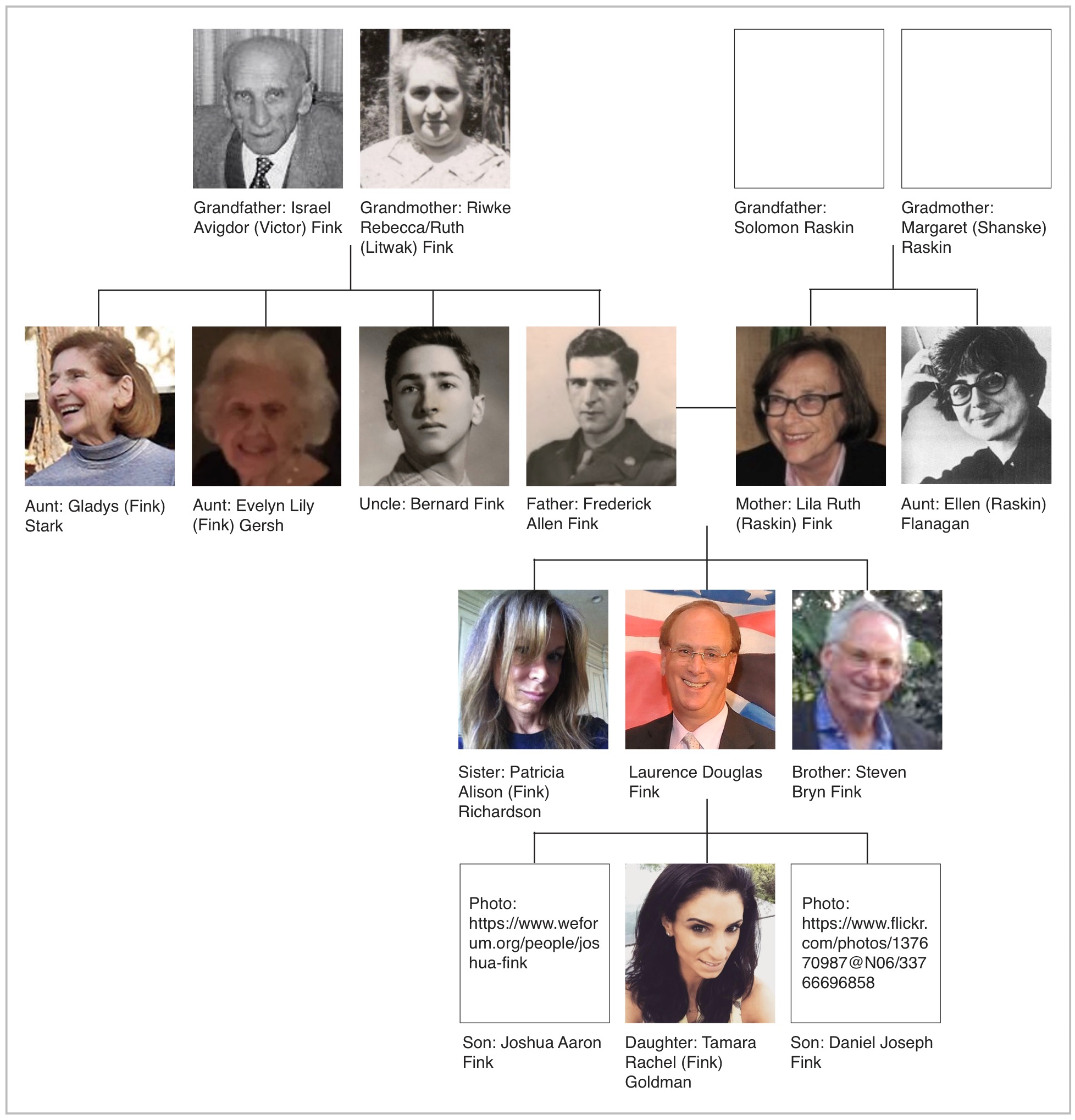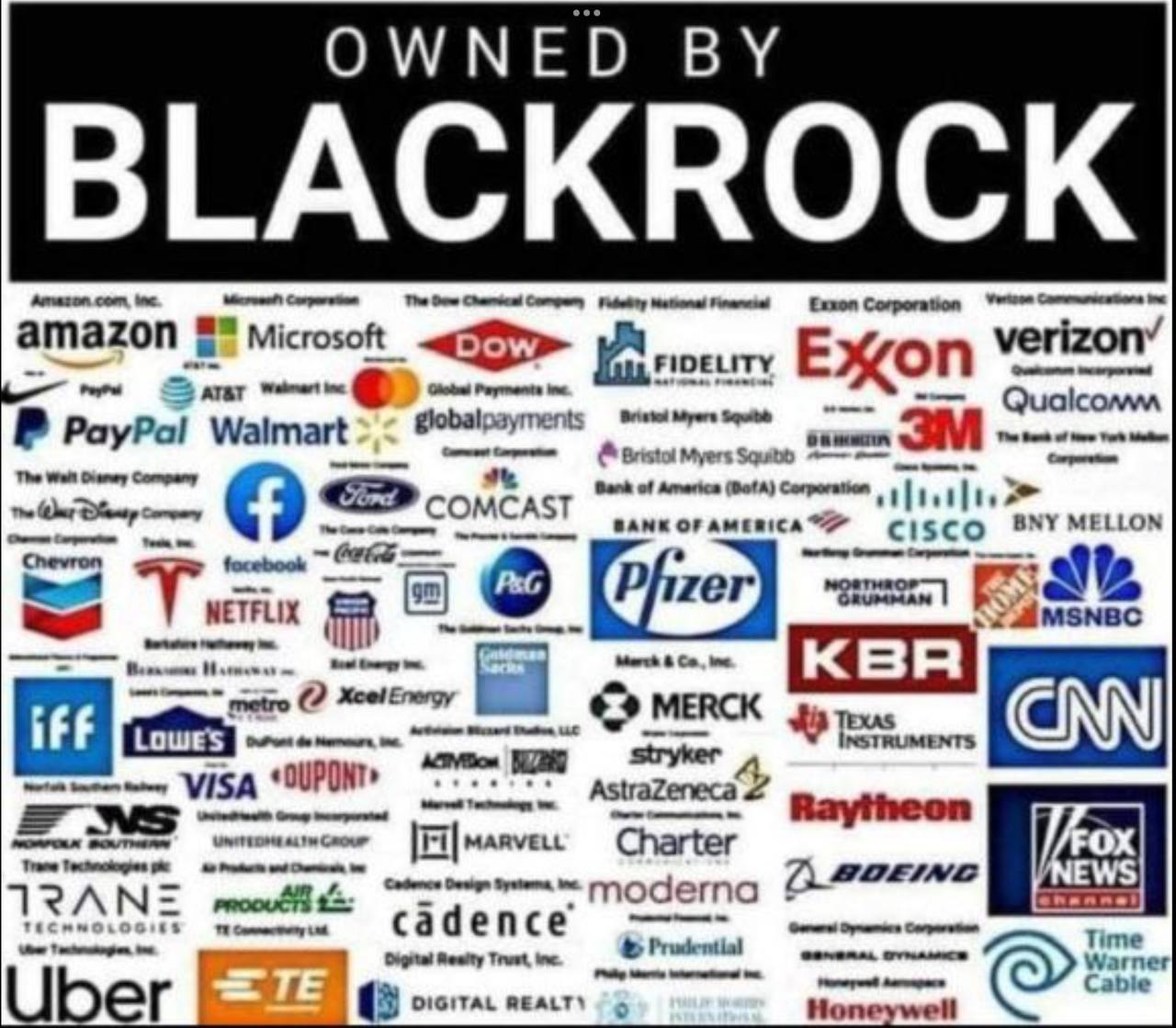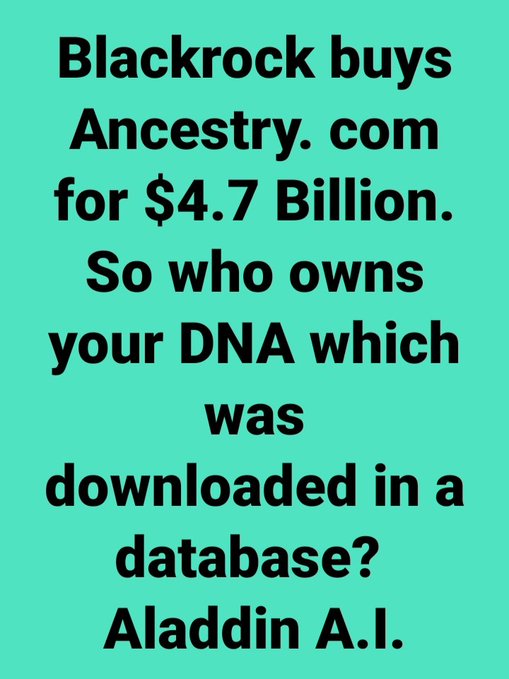Are your family secrets now a commodity? The acquisition of Ancestry.com by the Blackstone Group for a staggering $4.7 billion raises serious questions about the future of your genetic and genealogical data.
The digital age has ushered in unprecedented opportunities for individuals to explore their family histories. Websites like Ancestry.com have become invaluable resources, allowing users to trace their lineage, discover distant relatives, and unearth fascinating details about their ancestors. However, the very data that makes these platforms so appealing the intricate tapestry of family trees, DNA test results, and personal histories is also incredibly valuable to other entities. The recent acquisition of Ancestry.com by the investment firm Blackstone has ignited a firestorm of concern regarding the privacy and potential exploitation of this sensitive information. This deal, finalized in December 2020, has placed a massive trove of genealogical and genetic data in the hands of a private equity giant, sparking a debate about the ethical implications of such transactions.
| Aspect | Details |
|---|---|
| Company | Ancestry.com |
| Acquired by | Blackstone Group |
| Acquisition Date | December 4, 2020 |
| Acquisition Value | $4.7 billion |
| Primary Function | Genealogy and Family History Research |
| Data Stored | Family trees, DNA test results, historical records (birth, marriage, death certificates, census data) |
| Website Reference | Ancestry.com |
The core question revolves around the motivations of Blackstone in acquiring a genealogy company. Investment firms are, by their nature, driven by the pursuit of profit. While Blackstone has publicly stated that they have "no plans to mine people's DNA data for profit," the history of data breaches and the increasing commercial value of genetic information raise legitimate concerns. The potential uses for this data are vast and varied, ranging from targeted advertising and personalized healthcare recommendations to more controversial applications like insurance underwriting or even discrimination.
Claims circulating online, amplified through social media platforms, have asserted that Blackstone now has unfettered access to the genetic information of Ancestry.com customers. While these claims require careful scrutiny, the underlying worry is understandable. The acquisition by Blackstone provides access to a massive database, encompassing over 10,000 terabytes of data, which includes genetic profiles, immigration records, and birth certificates. The potential for misuse of such a dataset is considerable, regardless of any stated intentions. The very nature of this kind of data makes it a target for malicious actors, as the previously reported Gedmatch hack, with its access to a whole database, demonstrates.
One persistent claim, widely disseminated on social media, is that BlackRock, another investment management firm, owns 75% of Ancestry. This claim is, however, inaccurate. Ancestry.com is owned by the Blackstone Group, which acquired a 75% stake in the company after a deal valued at $4.7 billion in 2020. While both BlackRock and Blackstone are major players in the investment world, they are distinct entities. It is critical to distinguish between them when assessing the implications of this acquisition.
The implications of this acquisition extend beyond the financial considerations. The terms of service and privacy policies of Ancestry.com, which govern the collection, use, and disclosure of user data, become central. Users must consider whether these policies adequately protect their personal information in the face of the new ownership structure. Furthermore, the legal landscape surrounding genetic data privacy is still evolving. The Illinois Genetic Information Privacy Act is relevant as it provides some protections to the residents of Illinois. A lawsuit looking to represent Illinois residents whose genetic information was disclosed or released by ancestry.com to blackstone is ongoing, highlights the complexity of these issues. The courts interpretation of the Illinois law will be essential for future privacy cases.
A spokesperson for Ancestry has said, Protecting our customers' privacy and being good stewards of their data is Ancestry's highest priority and the relationship between Ancestry and its users. Time will tell if Blackstone can uphold that commitment while meeting its investors' financial expectations. However, the acquisition raises fundamental questions about the relationship between individuals, their data, and the companies that control it. The partnership announced in 2018 between ancestry rival 23andMe and pharmaceutical giant GlaxoSmithKline, underscores the complex ecosystem of such transactions. This kind of partnership highlights the commercialization of consumer genomics.
It is crucial for consumers to take proactive steps to protect their data. This includes carefully reviewing the privacy policies of any online service, understanding the terms of service, and considering the potential risks before sharing sensitive information. They should also become well-informed about data privacy laws in their respective jurisdictions. This situation highlights the delicate balance between personal privacy and corporate interests in the digital age. It underscores the importance of being vigilant about data protection and to actively manage your digital footprint.
- Sarah Jo Pender Wrongfully Convicted Students Prosecutor Speak Out
- National Couples Day 2024 Dates Wishes How To Celebrate


